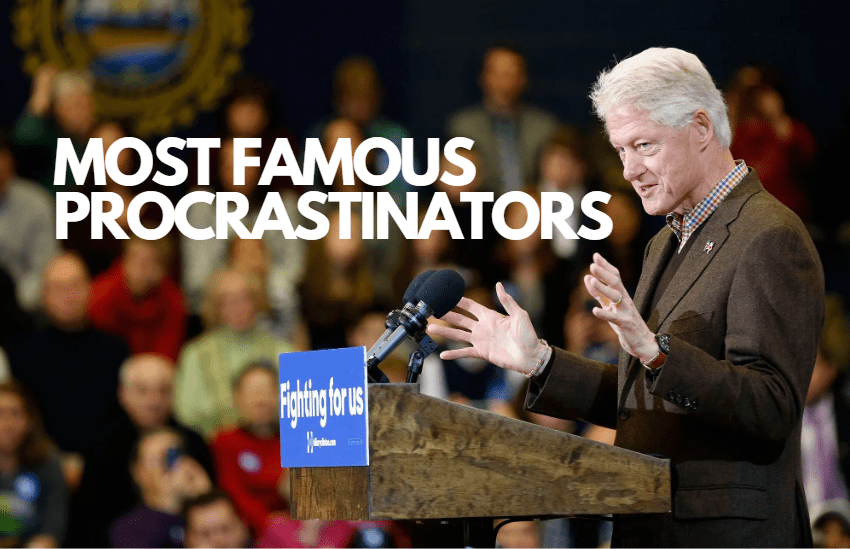Some distractions are internal, and so we work on cognitively changing, honoring (with a break), or rescheduling our wandering mind, but what about the distractions that are external?
You’ll never be able to eliminate all possible distractions. Still, you can significantly reduce the ones you have control over, resulting in better concentration ( and therefore better results), better memory/retention performance, more productivity, healthier interpersonal boundaries, and more peace.
The Cost of Distractions
Small interruptions may not seem to, but they rob you of your time and focus. Every time your attention is broken and you lose your place in the task, there are huge productivity and quality costs – especially when you are working on a task that is complex and challenging. You may make errors because of the lack of diligence/memory of the small details as you resume the task, or you may miss a deadline.
When you move your focus repeatedly from one thing to another, your brain tends to get overstimulated. When it’s overloaded, it starts to shift its memory processing functions from the hippocampus to an area of the brain responsible for easier or rote tasks.
This can make it difficult for you to learn new things or recall what you were doing before you got distracted.
It can take you up to half an hour to refocus after being interrupted. When a task needs more attention, it can take longer to properly find your place again. The brain doesn’t have bookmarks, unfortunately. Distractions happen much more than you may even realize; they tend to blend with our thoughts so seamlessly that we may not even notice they happen.
Keeping track helps us become more conscientious of our habits. The trick is to track and identify what external forces seem to be causing distractions and prevent & avoid them while strengthening our focus muscles for the inevitable ones we can’t fend off. This is the offensive and defensive strategy that’s essential for improving your productivity.
Tips for Managing External Distractions
An important thing to remember; you don’t owe anyone instant access to you. Most people don’t need your attention urgently that very second. Setting boundaries and strategizing elements of your environment may be all it takes to get your head in the game.
Try these strategies:
- Turn off your audible notifications on all gadgets until break time,
- Place a ‘do not disturb’ sign on the door and your work phone line,
- Get your thoughts out; journal beforehand, make to-do lists, and write down reminders – so your brain can let go,
- Set daily goals,
- Work in a designated work zone with little stimulation (bland art, no noise, muted colors, no reminders of other tasks), making it a ‘zen zone’,
- Separate utilities; wear a watch/bring in a manual calculator, so you don’t check your phone for the time and subsequently, notice all the unread notifications,
- Limit the gadgets around to only what’s needed.
Today’s challenge is to become protective of your focus and to disable your notifications while you work until you’re finished with the task.
Would you like to learn more productivity tips? Take the quiz!




